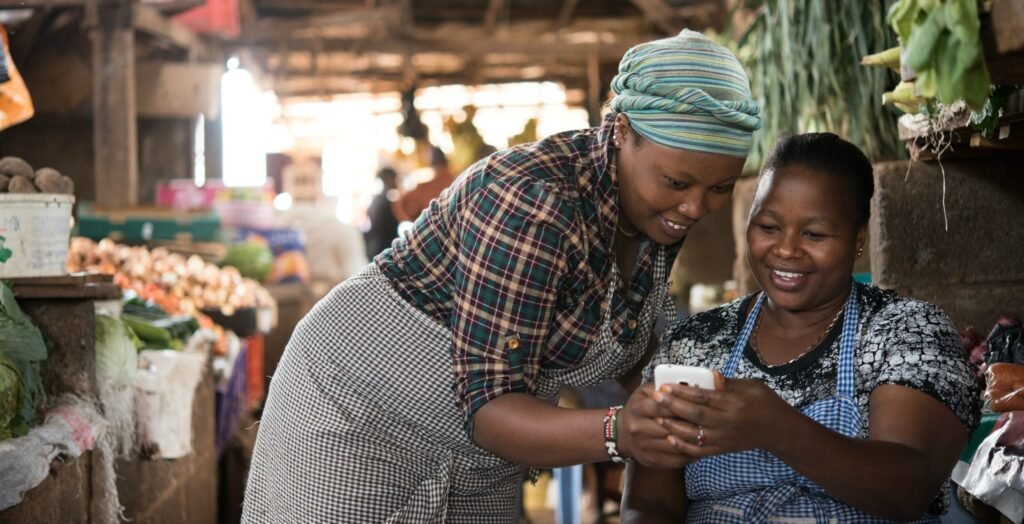
In bustling markets, roadside mechanic shops, and makeshift beauty salons scattered across Nigeria, a quiet revolution is underway. While the formal economy grapples with regulations, capital access, and bureaucratic red tape, Nigeria’s informal sector is surging forward—not just surviving but innovating.
The informal economy accounts for over 60% of Nigeria’s GDP and employs more than 80% of the workforce. Yet, for years, it has been mischaracterized as disorganized, inefficient, and backward. Today, a new narrative is emerging: one where informal workers are not just economic participants but creators of adaptive, scalable solutions.
Take the case of mobile money agents. Long before fintech startups gained momentum, informal POS agents in urban and rural areas had already laid the groundwork for accessible banking. Without formal training or institutional support, they hacked distribution systems, built customer trust, and created a nationwide financial inclusion network. Today, companies like Opay, Moniepoint, and Paga leverage that same structure to scale.
Similarly, Alaba International Market in Lagos operates as a decentralized tech and media hub. From selling imported electronics to creating Nollywood distribution networks, the market thrives on a sophisticated, if informal, supply chain model. Entrepreneurs here prototype fast, iterate quickly, and prioritize market feedback over academic theory.
Innovation in the informal sector often comes from constraint. Limited access to capital forces creativity. An informal tailor might double as a fashion influencer using TikTok, while a spare parts dealer might rely on WhatsApp groups to manage inventory and cross-border orders. These micro-innovations form a dense web of ingenuity that defies traditional metrics.
Technology has become a major catalyst. With the widespread penetration of smartphones and cheap data, informal workers now leverage digital tools for logistics, marketing, and customer service. From Instagram vendors to WhatsApp-based learning communities, digitization is blurring the line between informal hustle and structured enterprise.
What sets this innovation apart is its immediacy and contextual relevance. It is hyperlocal, demand-driven, and culture-sensitive. Unlike VC-funded startups that often build with a top-down Silicon Valley mindset, informal entrepreneurs co-create with their communities in real-time. They don’t hypothesize market fit—they live it.
However, this wave of innovation also calls for new forms of support. Policymakers must design programs that acknowledge, not erase, the informal economy’s uniqueness. Rather than pushing formalization at all costs, the goal should be integration—providing access to finance, infrastructure, and legal protections without demanding conformity.
Accelerators, incubators, and NGOs can also expand their reach. Instead of just supporting tech-savvy university graduates, they must engage market women, roadside welders, and freelance hairdressers. These are the unsung innovators building Africa’s economic base.
Investors, too, must broaden their lens. The next big idea might not come from a pitch deck in Ikoyi but from a shoemaker in Aba rethinking production cycles or a digital marketer in Kano testing ecommerce strategies on Facebook Marketplace.
Nigeria’s informal sector is not waiting to be included in the future—it is already inventing it. For African economies looking to foster grassroots innovation, the blueprint lies in these untapped ecosystems. The challenge ahead is to recognize, amplify, and invest in them.